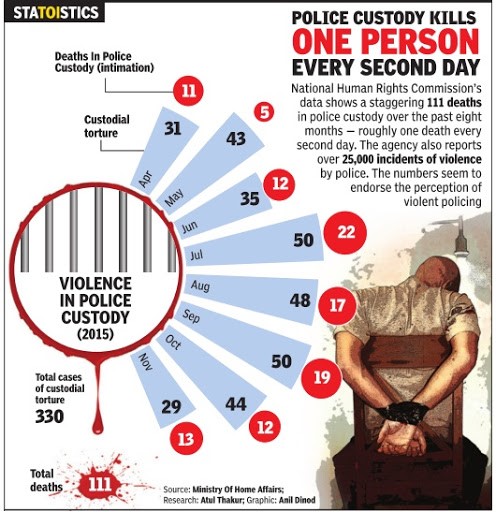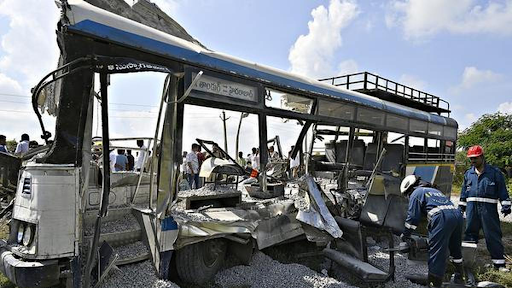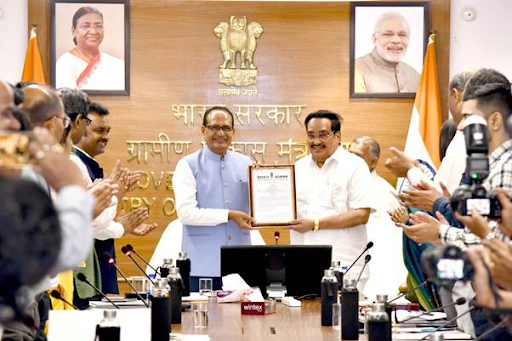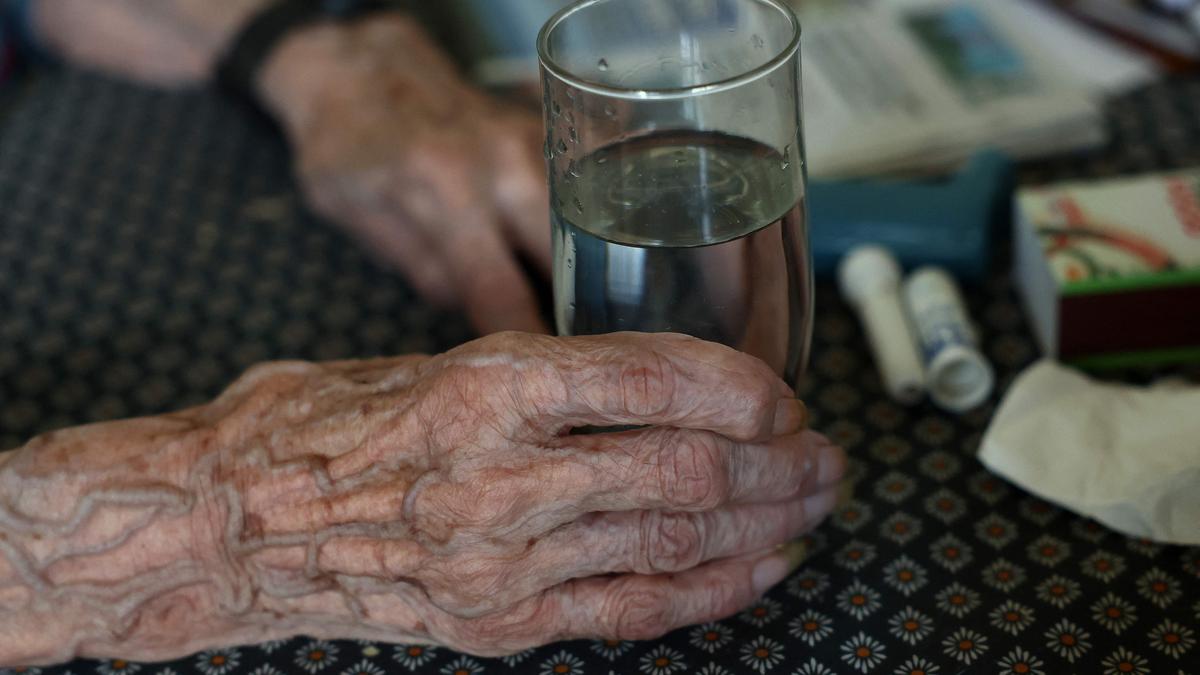Description
Context:
Social Activist death in custody has reaffirmed the need for custodial regulations.
Reasons behind custodial death:
- The police feel that they have a power to manipulate evidence as the investigation is their prerogative and with such manipulated evidence, they can bury the truth.
- Non accountability of the Police. In 2015, for instance, the police registered cases against fellow police officers in only 33 of the 97 custodial deaths. These deaths were labelled as suicide or natural deaths.
- There is lack of transparency and poor communication to the family of the person.
- Poor socio-economic background of accused also helps police to use their torture mechanism as they are unaware about the law.
- Custodial deaths are also result of accused not able to fulfil the demands of local police.
- Overcrowding of jails lead to higher no of deaths due to space crunch and lack of infrastructure.
- Medical checkups are not done regularly.
- No scientific investigation methods are followed by police. They still indulge in brute force method of interrogation.
- Our police force is understaffed and overburdened. Continuous pressure to solve the crime on fast basis exhort them to employ such methods.
- Overcrowding of jails: due to high no of under trials around 68% of total as highlighted by recent prisons statistics India (NCRB)

About Custodial deaths:
- Increased by 9% from 92 in 2016 to 100 in 2017, according to the National Crime Records Bureau.
- Since the enactment of Section 176(1A) in 2005, the National Human Rights Commission has recorded 24,043 custodial deaths/rapes between 2005-2006 and 2018-2019.
- National Crimes Records Bureau’s annual reports from 2005 to 2017 state that judicial inquiry was not conducted in about 80% of the cases recorded by it.
- With respect to 476 cases of “death or disappearance of persons remanded in police custody by court,” 266 cases were registered and 54 police officers were charge sheeted, but not a single police officer was convicted.
- Out of the 827 cases of death or disappearance of persons in police custody without court remand, judicial inquiry was ordered only in 166 cases — 20% of the total cases.
Constitutional Provisions against Custodial death:
- Article 21(1) provides that no person who is arrested shall be detained in custody without being informed as soon as possible of the ground for such arrest.
- Article 22(2) provides that every person who is arrested and detained in custody shall be produced before the nearest magistrate within a period of 24hours of such arrest.
- Article 20 ensures that administration of the criminal justice system should not be so designed or implemented as to destroy the deeper and moral values of justice itself.
Court Judgement on Custodial death:
D.K. Basu v. State of West Bengal:
- The ubiquity of torture and third-degree methods in police investigations and lamented the ‘growing incidence of torture and deaths in police custody.
- A crime-suspect must be interrogated – indeed subjected to sustained and scientific interrogation determined in accordance with the provisions of law.
- He can’t however be tortured or subjected to third-degree methods or eliminated with a view to elicit information, extract confession or derive knowledge about his accomplices,weapons etc.
- The burden of explaining a custodial death lay on the police rather than the victim.
- The court granted compensation on the constitutional basis in public law for the infringement of fundamental rights.
- Realizing the essential connection between the provisions of Articles 22(1) and 22(2), the courts have held that the provision of clauses (1) and (2) of Article 22 are mandatory.
Other Verdicts:
- Punishment which has an element of torture is unconstitutional.
- Prison restrictions amounting to torture, pressure or infliction and going beyond what the court order authorizes are unconstitutional.
- As under-trial or convicted prisoner cannot be subjected to physical or mental restraint.
Measures to prevent Custodial death:
- Ensuring presence of lawyer through contact to nearest legal aid committee as soon as person is taken into the custody.
- The National Legal Services Authority should design processes that ensure lawyers are either stationed at police stations on a rotational basis or available on call.
- Ensuring Accountability of Police - any such crime must be fast tracked within specified time period through Independent investigation Agency
- Inculcation of scientific method of investigation in Police force and curtailing the practice of third degree torture
- Strict Implementation of DK Basu case guidelines as well as NHRC guidelines by States
- Behavioural change in Police force through training and awareness campaign
- Encouraging civil societies, Human Rights’ NGO, NHRC & SHRCs to play active role in creating awareness and accountability of Police.
- Implementation of SC’s recent directive to publish FIRs online within 24 hours
- Video conferencing through prisons
- Passing of the Prevention of Torture Bill.











